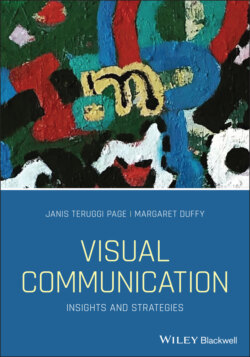Читать книгу Visual Communication - Janis Teruggi Page - Страница 41
Teleology
ОглавлениеIn contrast to deontology, think of teleological as “it depends.” Ethical theories can be categorized in terms of those theories' basic guiding principles (Black and Roberts, 2011). These principles bring different values to the fore and influence our ethical decision‐making.
Teleology, also known as consequentialism, focuses on outcomes or ends and is at the root of utilitarianism, a well‐known philosophical approach to moral reasoning. We ask ourselves “what are the possible results of choosing one decision over another?” “What happens if I favor one value instead of another?”
The core of decision‐making for utilitarian thinkers involves what actions will lead to the best outcomes for the most people or will cause the least harm. One of the ways we commonly do this is to focus on outcomes, known in ethicist lingo as “consequentialism.” By that, we mean that we think about what will happen if we choose one course of action over another.
For instance, if an advertising agency’s creative director wants to use a video of a person base jumping from a skyscraper to dramatize the thrilling taste of a soft drink, they may indeed be successful in gaining the attention and interest of members of a target audience and thus have greater success in selling the product. On the other hand, they may also want to take into account that depictions of potentially dangerous behaviors may encourage others, especially vulnerable audiences, to emulate that behavior. A 12‐year‐old boy whose judgment is not highly developed may see the video and believe himself capable of doing the same thing.
While at first blush utilitarianism seems logical and fair, it’s often criticized for ignoring the needs and concerns of those who aren’t in the majority. Critics also say that utilitarianism lets people off the hook by ignoring our fundamental human responsibility to make ethical choices. And, as Black and Roberts (2011) point out, it's problematic to expect people to be able to accurately imagine and predict the outcomes of these decisions.
